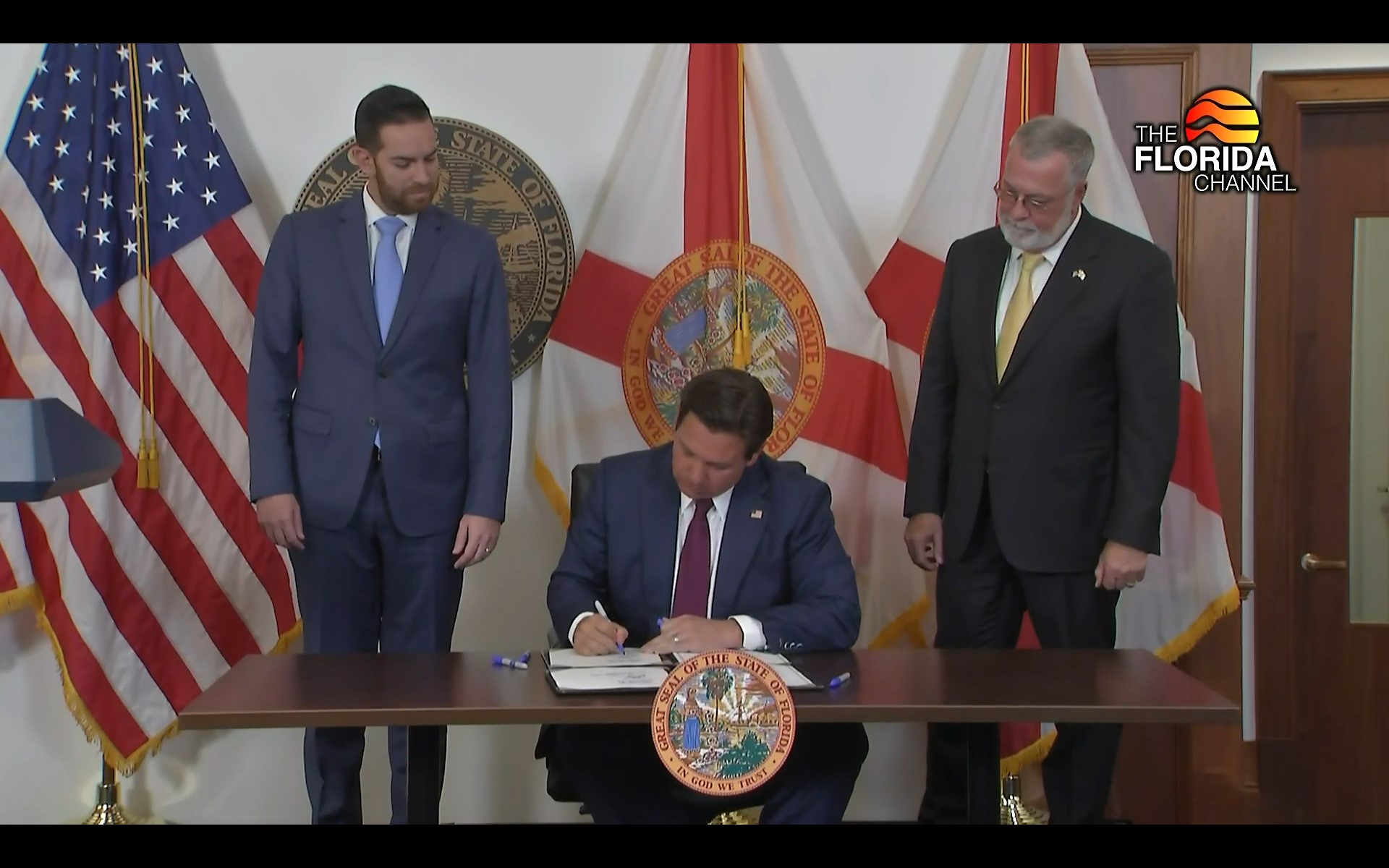GAINESVILLE – Florida Governor Ron DeSantis signed a sweeping new law Thursday at the Capitol that puts him in charge of a new state board of immigration enforcement, toughens punishments for crimes committed by immigrants in the U.S. illegally and requires state and local governments to cooperate with federal deportation efforts.
The new law, passed during a four-day special session of the Legislature, also cancels in-state tuition for immigrants at Florida’s public colleges and universities who are here illegally and prohibits the state from issuing driver’s licenses to those immigrants. It also permits Florida’s disaster management agency to deport immigrants aboard state planes and seek reimbursement from U.S. Immigration and Customs Enforcement.
The new law also makes it illegal for others to aid or solicit a non-citizen immigrant to vote in elections. It already was illegal in Florida for those immigrants to vote, and there is no evidence such voting has taken place on any significant scale.
In Tallahassee, the governor and legislative leaders billed the new immigration package as a compromise, after DeSantis had criticized an earlier proposal approved Jan. 28 by the Legislature as “weak, weak, weak.” The new bill effectively put DeSantis in charge of immigration policy in Florida, while the previous measure – which DeSantis had threatened to veto – gave that authority to the elected commissioner of agriculture.
“I absolutely anticipate other states will follow what Florida has done as we move forward in the weeks and months ahead.” DeSantis said. “We are ahead of the curve on ending the illegal immigration crisis. We didn't just set our hands. We got to work.”
Under the new law, a new immigration enforcement council will advise the state immigration enforcement board. The council will include police chiefs appointed by the governor, attorney general, chief financial officer and agriculture commissioner, plus sheriffs selected by the Senate president and House speaker. The council’s first meeting must take place by April 1.
Thursday’s action ended a surprisingly bitter and rare disagreement between the Republican governor and GOP-led House and Senate.
DeSantis said he did not take the disagreement personally and harbored no hard feelings toward Florida legislators, after they snubbed him by immediately adjourning his special session, beginning their own and overriding a previous budget veto for legislative funding in January.
Senate President Ben Albritton, R-Bartow, said the disputes were part of a healthy legislative exercise.
“It's very complex. It's very complicated,” Albritton said. “I'll just tell you that our Republican family, we're together, and we are moving forward together.”
House Speaker Daniel Perez, R-Miami, agreed.
“This is just a disagreement. It's normal. It's healthy,” Perez said. “People wanted to make this seem like a feud, but it wasn't. It was just a disagreement on how to get to the finish line.”
The bill passed in the Senate 27-10 and in the House 85-30 largely along party-line voting.
“The recent dynamics between the House, the Senate and the governor's office may have made some of us a little bit uncomfortable over the last couple weeks, but the reality is that experience is healthy,” said Rep. Adam Anderson, R-Tarpon Springs. “It proved that when we all work together, we produce the best possible product for Floridians, and that product is before us today.”
Rep. Wallace Aristide, D-North Miami Beach, acknowledged concerns about crimes committed by immigrants but defended other immigrants working for better opportunities, citing his family’s experiences.
“There's two sides to a story,” Aristide said. “I'm against those that are here, illegally committing crime, doing something wrong. We can't support it, but I got to support those that are trying to make their lives better for themselves and their family.”
Most provisions of the new law took effect immediately after DeSantis signed it. In-state tuition for students who were immigrants in the U.S. illegally will end July 1.
# # #
Email editor@
alachuatoday.com
Florida’s Governor Ron DeSantis Signs Compromise Immigration Bill: ‘Plane Has Landed Safely’
Tools
Typography
- Font Size
- Default
- Reading Mode


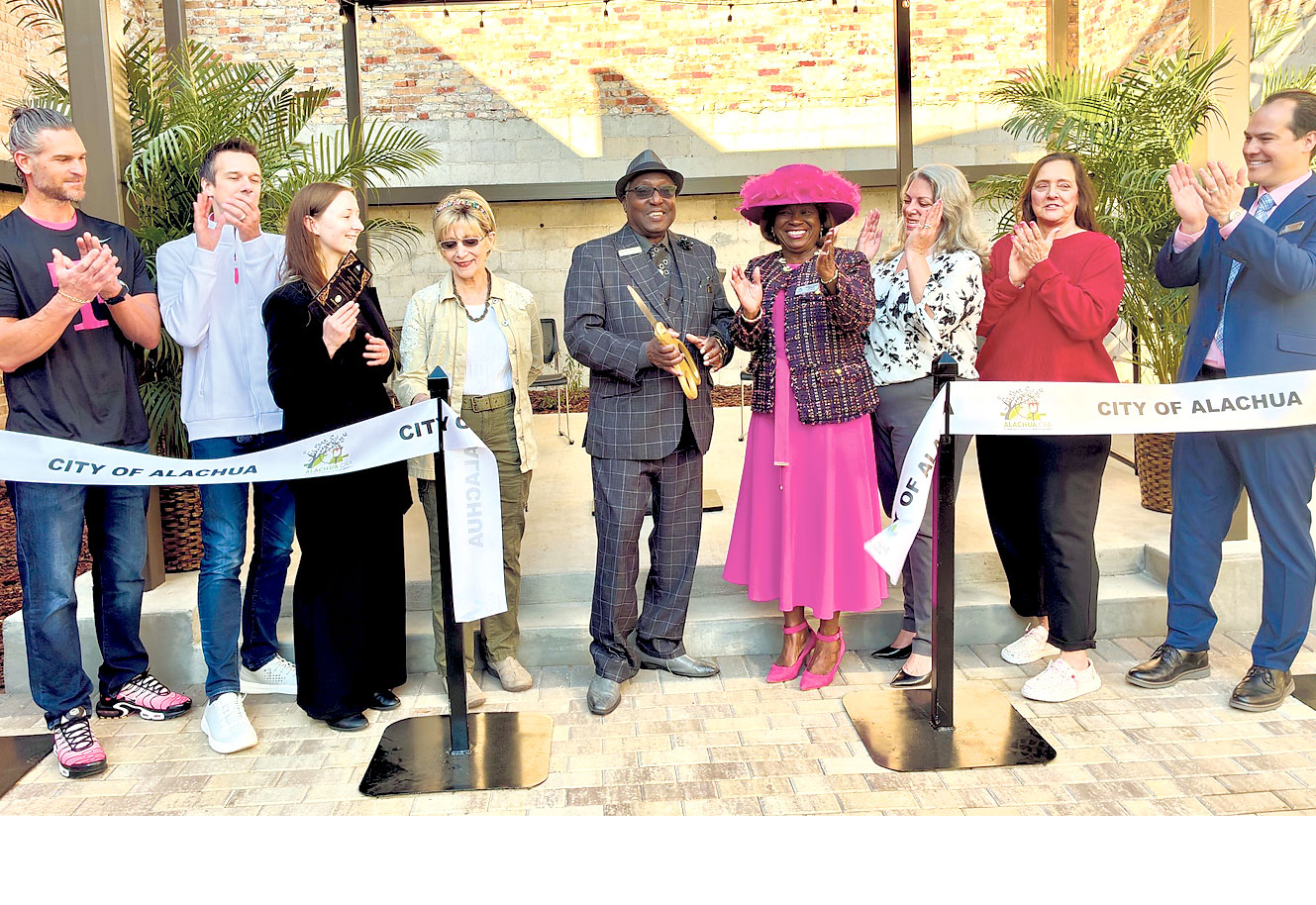
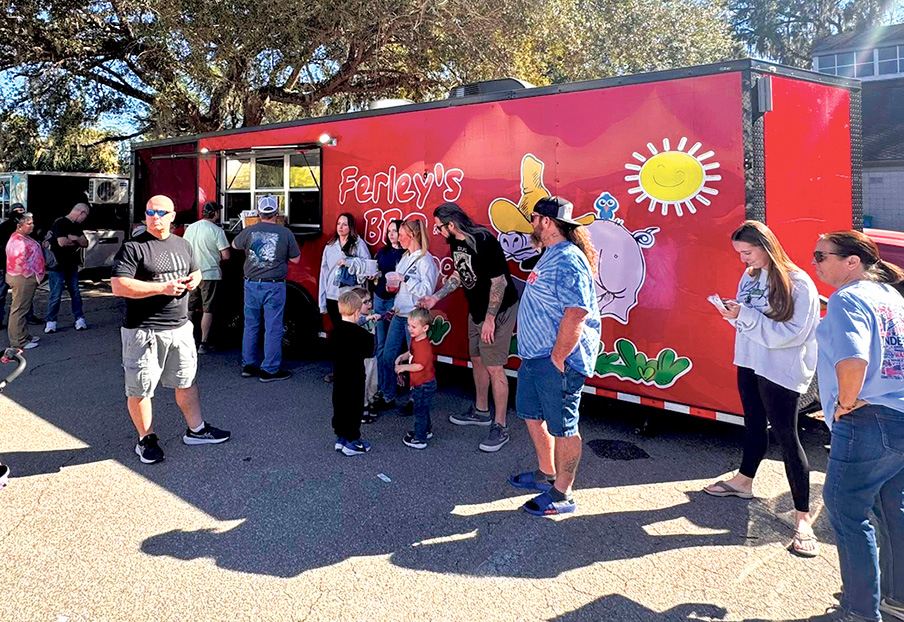



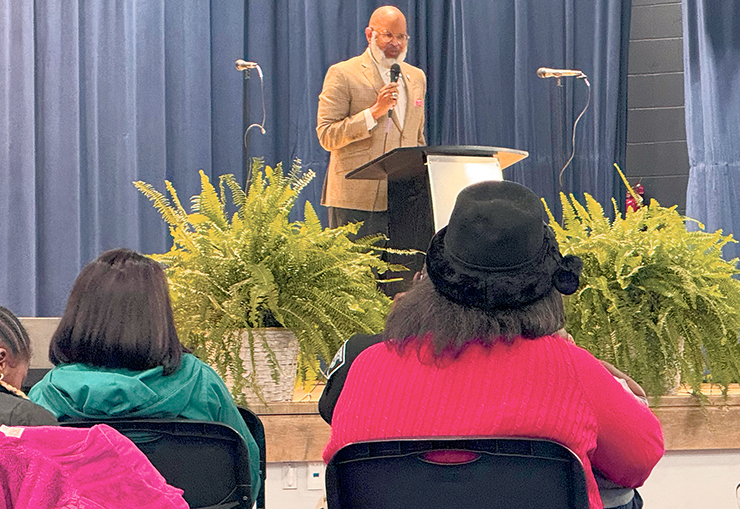




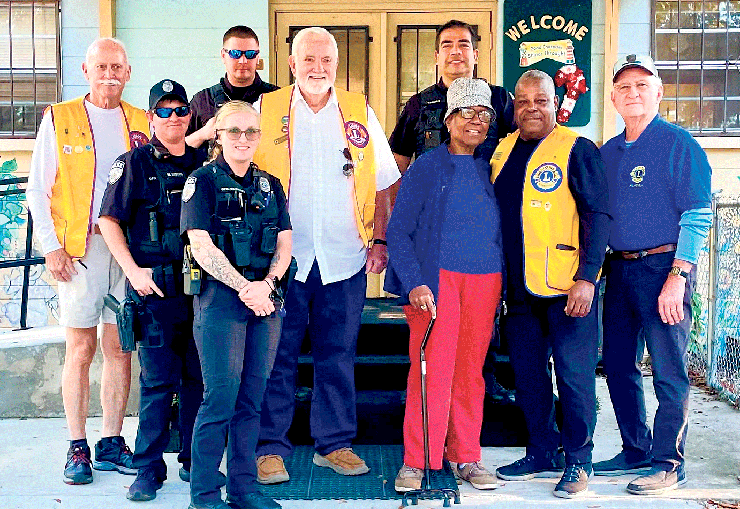


 Jennifer Breman, a career and technical education program specialist with Alachua County Public Schools, has been elected to serve on the Board of Directors of the Association for Career and Technical Education (ACTE), the nation’s largest nonprofit organization dedicated to advancing career and technical education.
Jennifer Breman, a career and technical education program specialist with Alachua County Public Schools, has been elected to serve on the Board of Directors of the Association for Career and Technical Education (ACTE), the nation’s largest nonprofit organization dedicated to advancing career and technical education.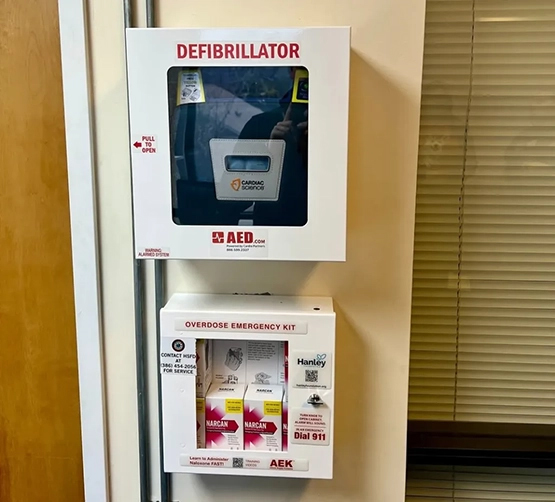
 Using an inhaler seems straightforward, but it’s actually a high-precision task. If the technique isn't quite right, the medication often ends up hitting the back of your throat instead of reaching your lungs where it’s needed.
Using an inhaler seems straightforward, but it’s actually a high-precision task. If the technique isn't quite right, the medication often ends up hitting the back of your throat instead of reaching your lungs where it’s needed.


